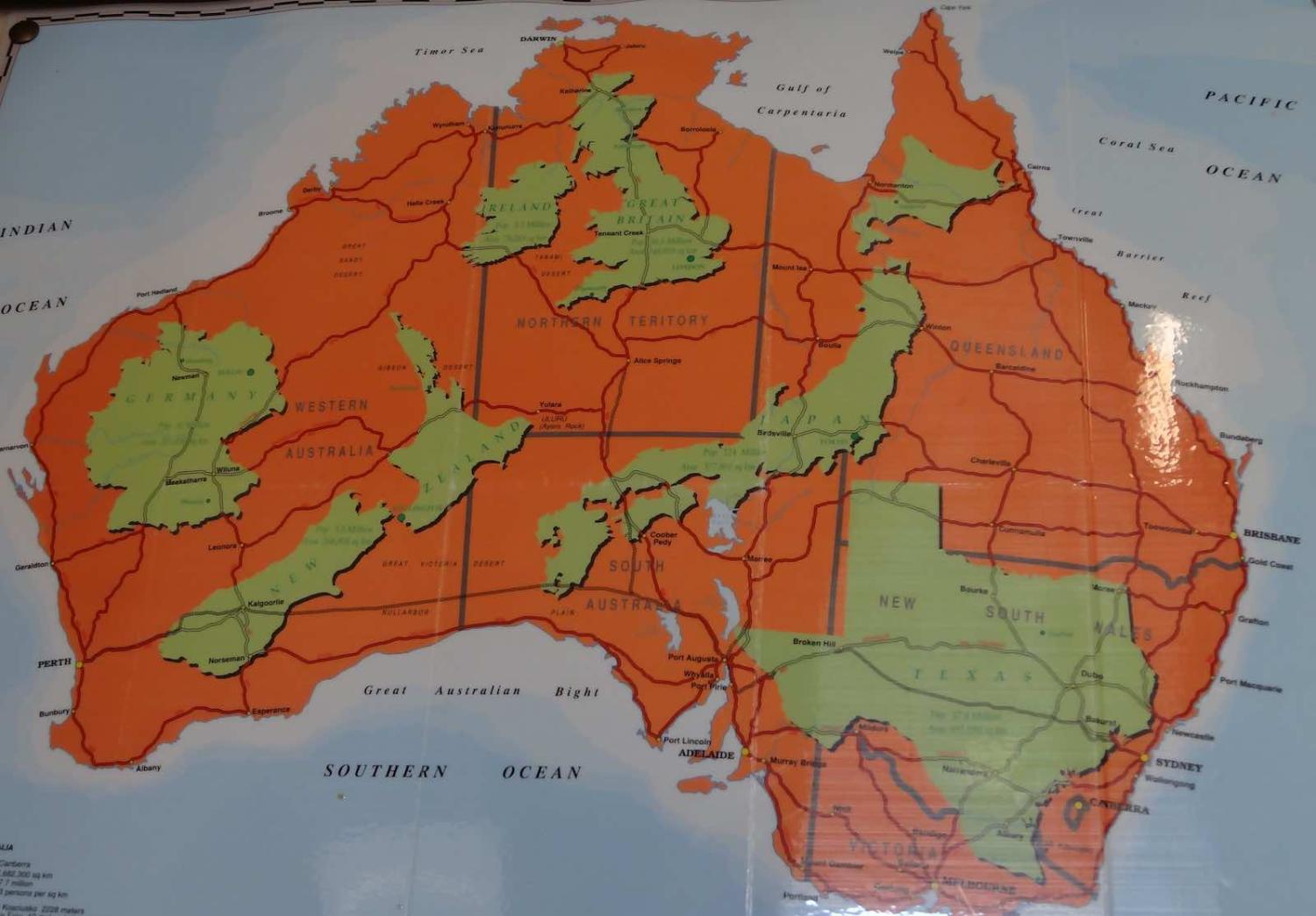Over the past two decades, an array of organisations and individuals – including PwC, the Asia Society, the Business Council of Australia, academics and public intellectuals – have called on the Australian government to adopt a diaspora policy to help promote Australia’s economic and social development.
A diaspora policy, they have variously argued, will benefit Australia:
- Because Australia has a sizeable, talented, and strategically located diaspora. More than one million Australians live abroad – or at least were doing so prior to Covid-19. Many are in Asia.
- These individuals have market knowledge and networks that can help promote bilateral trade, facilitate foreign direct investment, and stimulate innovation, increasing productivity and competitiveness. In particular, they can help Australian business compete in Asia.
- Such a policy would also provide a strategic framework for how Australia engages with its diaspora.
- And while a large proportion of the Australian diaspora has returned home during Covid-19, the pandemic has only made a diaspora policy more imperative. This is because Australia will need to find new sources of economic growth in the wake of the pandemic and Asia looms large in that respect.
Generally speaking, there has been little pushback against these calls. Yet so far, the Australian government has baulked at adopting a diaspora policy.
The reasons, as I have elaborated more fully in a recent article in Melbourne Asia Review, relate to the politics surrounding the issue.
One reason is that there is no longer significant concern in Australia about the country suffering from a “brain drain”. Such concern was pronounced in the 1990s and early 2000s, leading to a Senate inquiry into Australian expatriates in 2005. This inquiry found that because Australia operates a skilled immigration program, it “actually experiences a net ‘brain gain’ of skilled workers” and that outward migration from Australia produces a range of benefits and opportunities for the country.
Widespread acceptance of this view – and the resulting dissipation of the sense of crisis that led to the inquiry – has made it hard to keep outward migration/diaspora engagement on the policy agenda.
The Australian diaspora is not economically important to Australia in the same way that diasporas of countries relying heavily on remittances.
A second reason is that Australia lacks a special connection to its diaspora. The Australian diaspora predominantly comprises first-generation emigrants, having been produced largely by outward migration since the mid-1980s. In this respect, it contrasts with the diasporas of countries such as Ireland, Israel and China which, as the diaspora organisation Southern Cross Group has noted, “have a much longer history and rely heavily on ancestral links in claiming numbers and cultural affinity”.
Nor is the Australian diaspora economically important to Australia in the same way that diasporas of countries relying heavily on remittances are to those countries. The Australian diaspora is also small in absolute terms and relative to population size.
This lack of a special connection to the diaspora has made it even more difficult to keep outward migration/diaspora engagement on the policy agenda.

A third reason why the Australian government has so far failed to adopt a diaspora policy is that the Australian diaspora is differentiated in terms of its human capital endowments and professional and business networks. While it includes people in significant international positions and highly-skilled workers, it also includes people in regular professional roles such as nursing and teaching, return migrants, and young Australians undertaking ‘rite of passage’ travel.
The case for a diaspora policy rests heavily on the notion that the Australian diaspora has scarce human capital and networks. Yet the likelihood that the relevant sections of the Australian diaspora are small steers things towards more targeted forms of diaspora engagement such as Advance, a program focused on “gold collar” workers.
A fourth reason why the Australian government has so far failed to adopt a diaspora policy is that adoption of such a policy could leave it vulnerable to criticism it is privileging “elites” (especially diasporic elites) over “ordinary Australians”. This would particularly be the case to the extent that a diaspora policy provided additional rights or benefits to members of the diaspora.
Regardless of which major party is in power, Australia’s political leaders could be wary of provoking such a response for fear that it could contribute to a loss of votes in a few key marginal electorates.
A fifth, and final reason, is that the case for a diaspora policy in Australia was initially made by a few prominent experts in the university and think tank sectors as well as diaspora groups. In this sense, the political base for a diaspora policy has been small.
Is change afoot? Over the past five or so years, the Australian business community has become more actively involved in the issue, particularly PwC and the Business Council of Australia. This may change the politics around the issue. Specifically, it may encourage Australia’s political leaders to put diaspora policy back on the agenda and overlook the political risks such a policy presents.
Main image via Flickr user denisbin.

